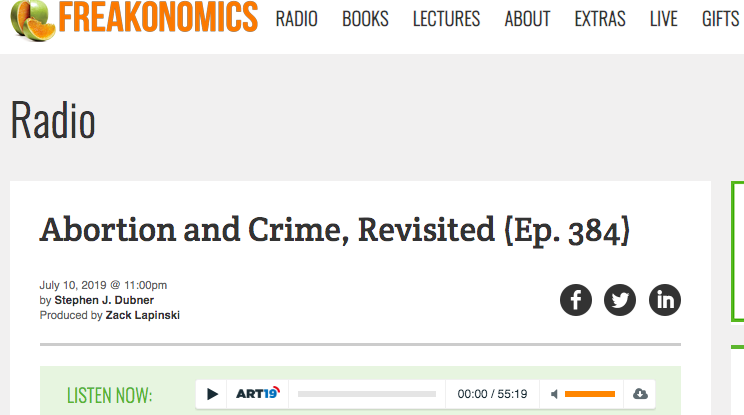Cautionary Conversation: Flying on Empty (Followed by a great conversation on the utility and danger of relying on math)
Great podcast episode discussing how disasters can happen when we get the math wrong. This particular story is about unit conversions but is followed by a great conversation about the nature of math.
“A metre is longer than a yard. An ounce is heavier than a gram. We harmlessly mix them up sometimes, but a “unit conversion error” when you’re filling up the fuel tanks of an airliner can be fatal. Which is exactly what happened to Air Canada Flight 143.”
The episode itself is fascinating but the conversation with the author upon whose work this story was based is equally fascinating. Below is a quote from that conversation that explains some of the utility and dangers of math.
“The underlying issue is that as humans we’re not naturally good at mathematics…the human brain doesn’t do maths natively…because we have maths we can do so much more than our brains could do intuitively. We don’t have to make a building by eyeballing it and superoverengineering it, we can do the mathematics and figure out exactly what we need and how it is going to work. Using maths we can do far more than the human brain was ever designed to do. The cost, however, is that we can we are beyond our intuition and have to do the maths and do it very carefully.”
I have the link below queued to the section quoted above.
Full episode linked below



